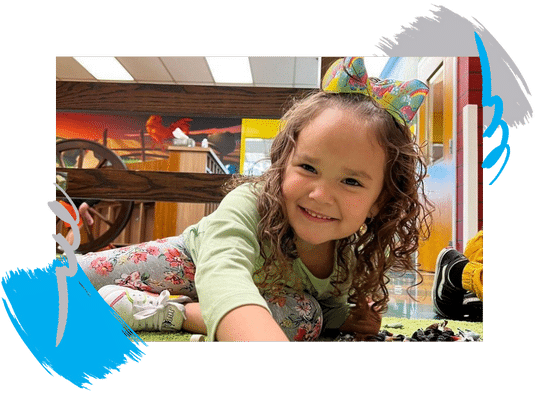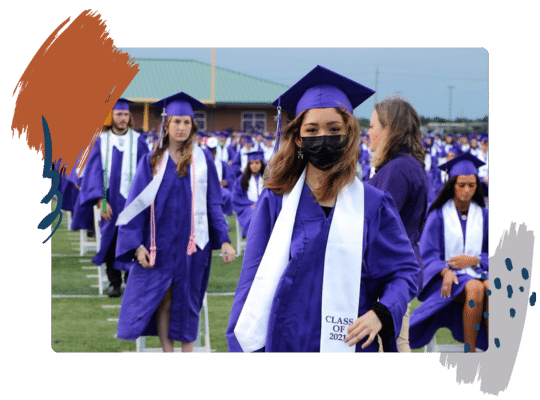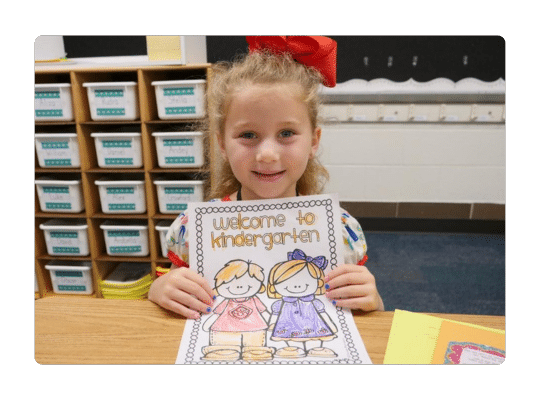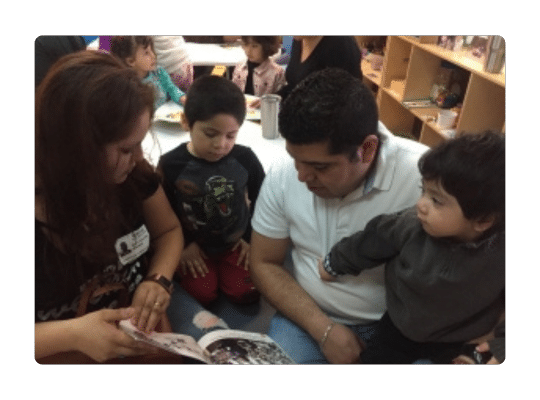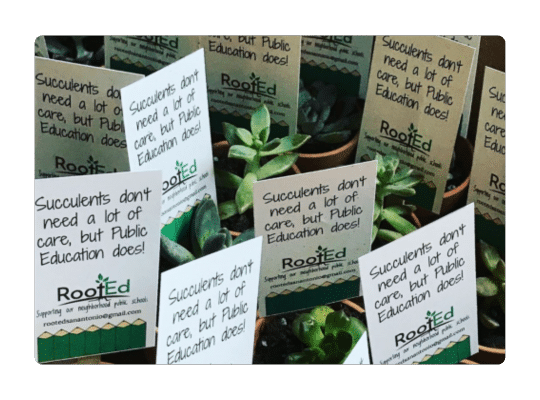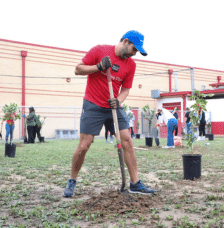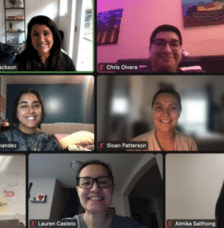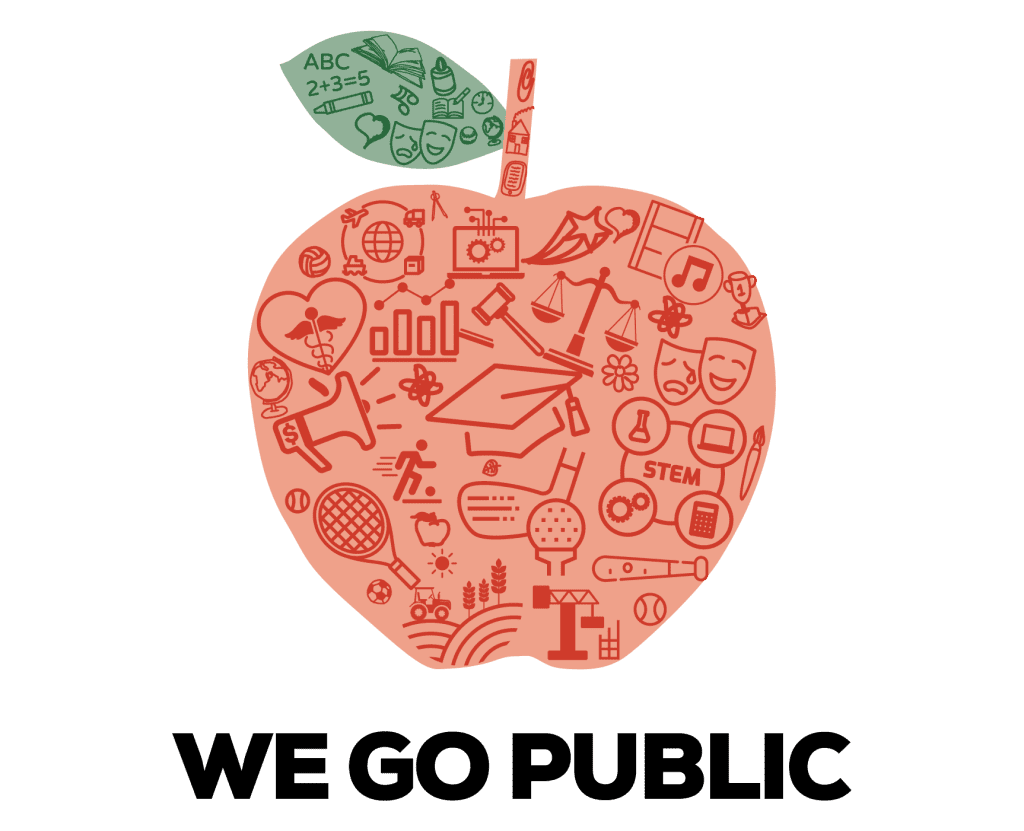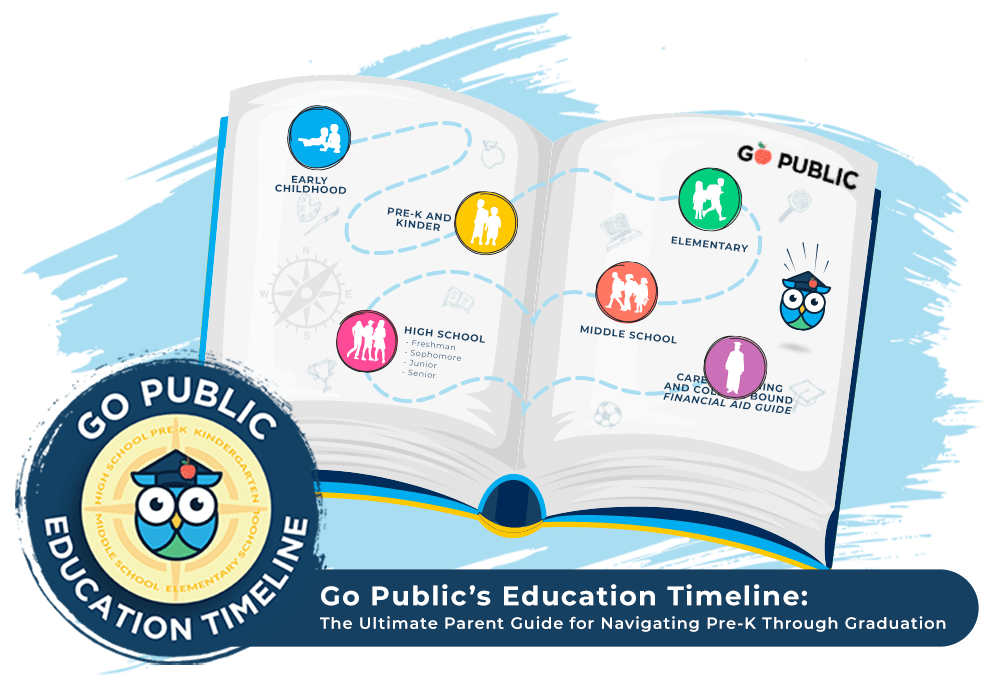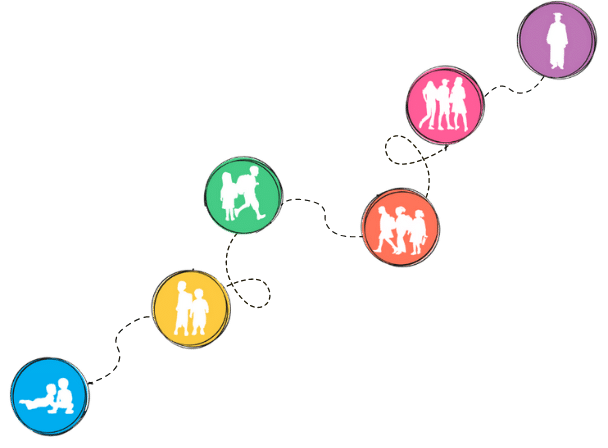- School Districts
- How to Join
-
If you’re a school district superintendent, trustee, or within the communications department, we’d love to share with you how We Go Public is the best choice for amplifying your ISD’s voice, successes, and offerings. Click
here below and we’ll set up a convenient time with your team.
-
- Regions
-
- Featured Districts
-
-
- San Antonio Region FeaturedHouston Region FeaturedDallas Region FeaturedSan Antonio Region FeaturedHouston Region Featured
* Campaign (Go Public)
Dallas Region Featured
-
-
-
- How to Join
- Programs
- Services
- Features & Events
- Parent Resources
- More

Find Texas Schools and Independent School Districts


